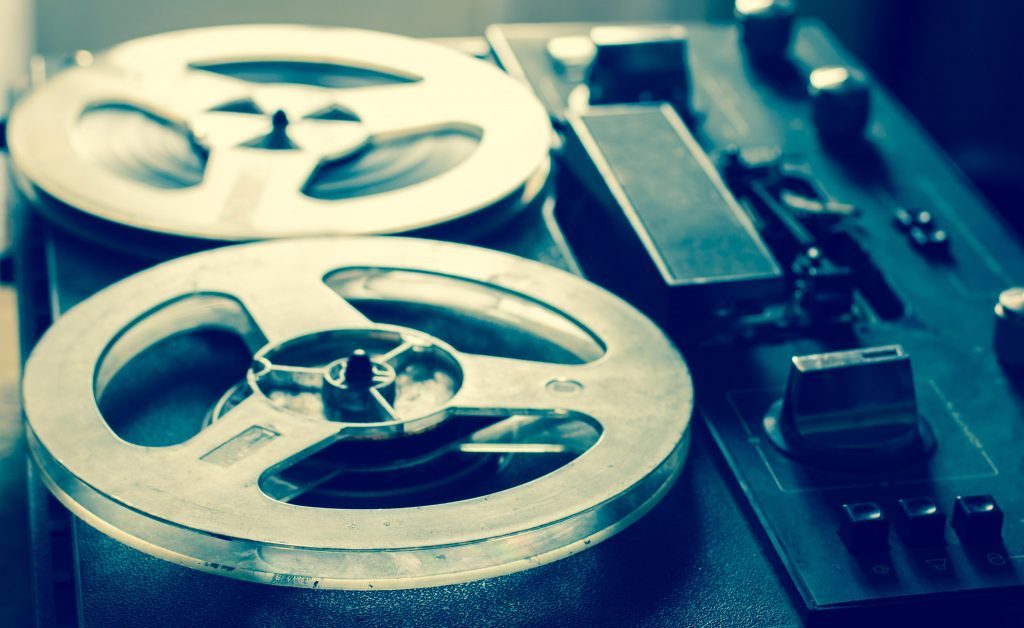 Leo Briggs, deputy head of the DDU, explores the increase in recorded consultations and how these can benefit both patient and dentist.
Leo Briggs, deputy head of the DDU, explores the increase in recorded consultations and how these can benefit both patient and dentist.
Unsurprisingly, in this digital age, the DDU has been contacted by members who are considering making a digital recording of dental consultations and by members who have sought advice about what to do if a patient asks to record a consultation.
Patients recording consultations
If a patient asks to record a consultation – do not assume the worst and think the patient does not trust you or is trying to ‘catch you out’, that’s not necessarily the case. In fact, a patient recording the consultation might actually be to your advantage. There’s often so much discussed in a consultation that the patient might not take it all in, so a recording can help to ensure they don’t miss any important information.
Moreover, recording a consultation also means the patient can go home and watch or listen to the recording in their own time, consider the risks and benefits of the different treatment options and make an informed decision.
Legally, a patient can record a consultation as long it’s for their own use. Section 36 of the Data Protection Act 1998 states: ‘Personal data processed by an individual only for the purposes of that individual’s personal, family or household affairs, including recreational purposes, are exempt from the data protection principles and the provisions of parts II and III’.
If you are concerned the patient will share the recording with others or post online, you may wish to ask the patient to respect your confidentiality by not sharing content with others. However, it is difficult to prevent a determined patient from doing so. Also, it would be wise before any operative procedure is filmed, especially one where blood may be seen, to describe the details to the patient beforehand so that they are not shocked to see how the procedure is carried out.
Additionally, any recording should not hamper your ability to carry out the procedure in a safe and hygienic environment so you may need to discuss the limitations of how anything could be recorded with the patient beforehand.
If you discover that a patient is covertly recording a session, consider inviting them to record the consultation openly and ask whether you can have a copy of the recording to add to the patient’s dental records. In seeking their consent to this you should reassure the patient that the recording will be stored securely by the practice and only used for this purpose. If you are concerned that the patient’s actions are a sign that they do not trust you, you may want to discuss this with them later. After all, you might not be justified in automatically refusing to treat a patient if you suspect or discover that they are covertly recording you. In fact, a confrontational response could damage your relationship with the patient and make matters worse.
Dentists recording consultations
Dental professionals who record consultations need to obtain consent before any recording is made. Patients need to understand the following:
- Who will be allowed to see it
- In what context it will be used
- Whether copies will be made and the arrangements for secure storage
- How long it will be kept.
Recordings should be retained for the same period as any other clinical records. Patients should be reassured that they can refuse permission, withdraw it during the recording or at a later date and that if they do so, the recording will not be used and the quality of the care they receive will not be affected.
After the recording is made, give patients a further opportunity to consent and to see the recording if they wish. We would also advise dental professionals to make a note in the records of whether the patient gave or withheld their consent as a digital recording forms part of the dental record and contains ‘sensitive personal data’ under the 1998 Data Protection Act. A practice policy on recording consultations would ensure that all members of the dental team are aware of their obligations to obtain patient consent.
Also, making a recording does not replace the need to make a thorough clinical record of the consultation which, above all, serves as an essential reminder to the dental professional at a later stage and a means of safeguarding consistent patient care.
Finally, bear in mind that while recordings, even those made covertly, can be admitted as evidence of wrongdoing by the GDC and in court, they can also prove the opposite. In other words, if you have acted ethically and professionally, you should have no reason to be worried.
For more information on how the DDU can help, visit www.theddu.com, call the dento-legal helpline on
0800 374 626 or email [email protected].


